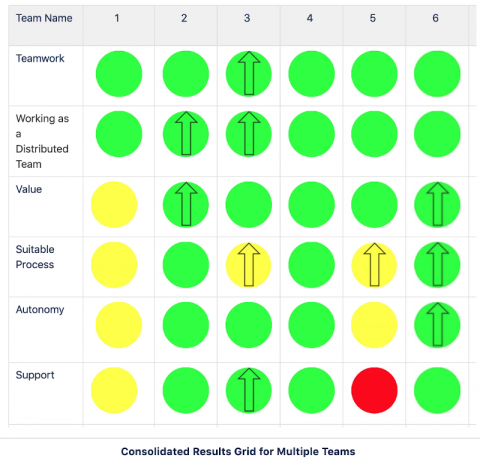Summit Day One: Delivering New Machine Learning Capabilities to Cut Costs and Outages
At PagerDuty, we continually innovate every month (check out our What’s New page for the latest updates). But while we ship product continuously, we also save a plethora of new and improved capabilities to share with our customers at PagerDuty Summit, our annual customer event.










